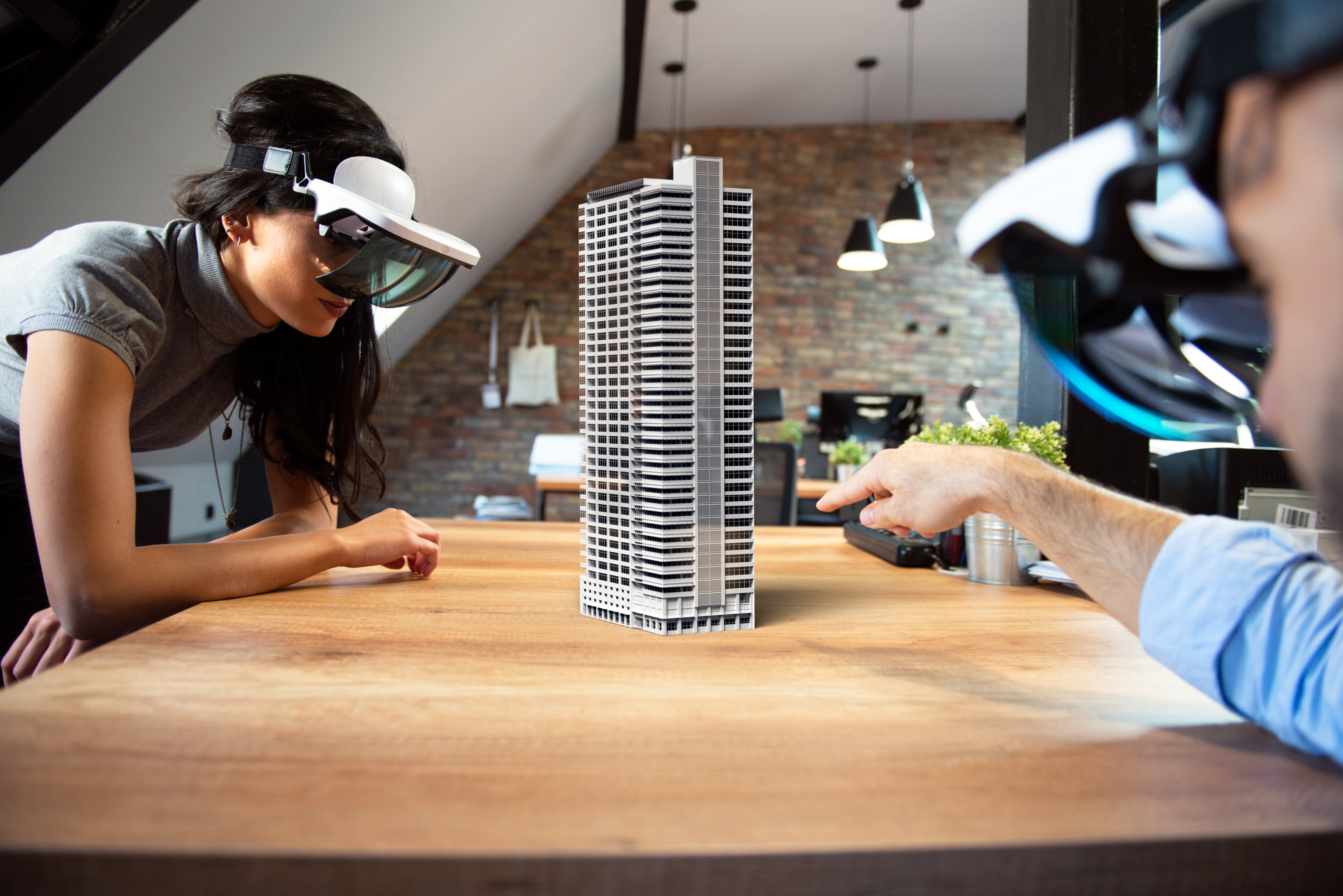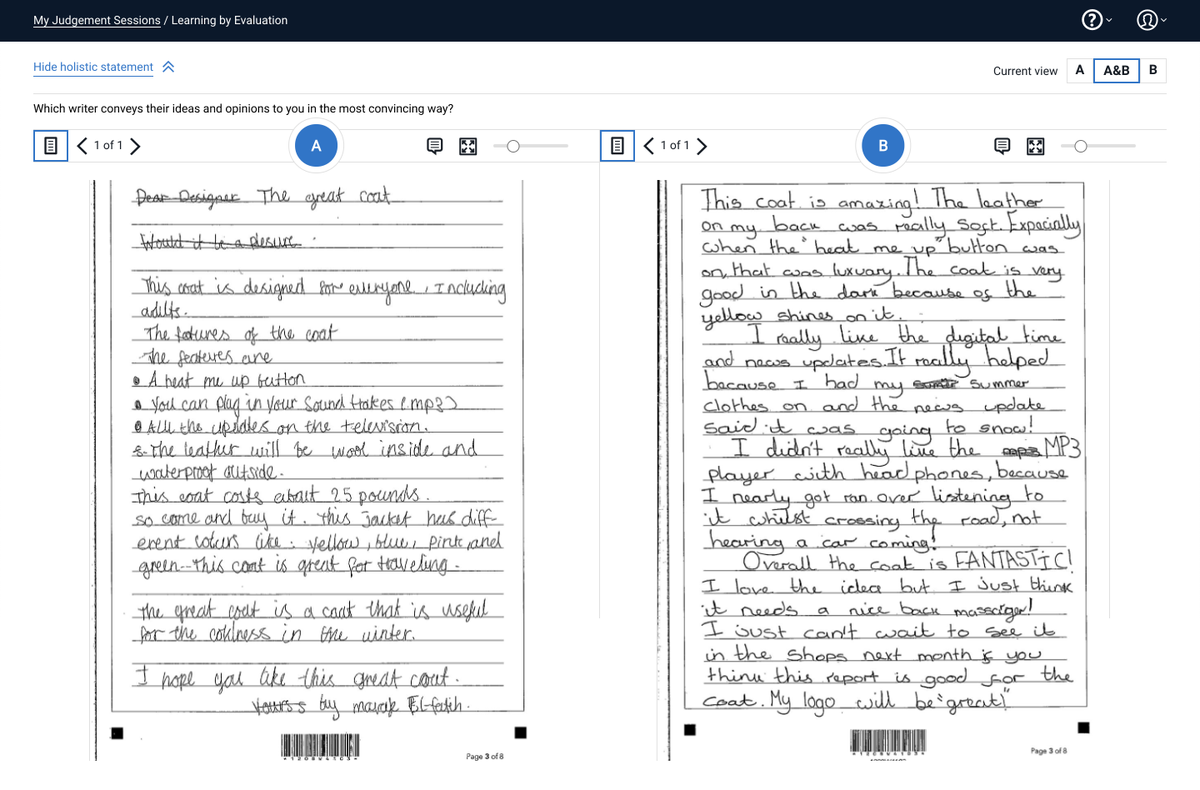Author:
RM
Assessment plays a critical role in determining the success of learners. As technologies develop at pace, and the needs and skills of the modern workforce evolve, so must the way we assess students. This blog will take a deeper dive into some of the key changes in assessment and some of the emerging approaches and tools being used to validate the assessment process in the modern world.
Shift to formative assessment
One of the most significant changes to the way we assess could be a shift towards formative assessment. A process of continuous feedback that enables teachers and learners to track progress and identify areas for improvement. This particular approach recognises and emboldens learning as a journey, not a destination, and encourages learners to take on more of an active role in their own education. The lines between formative and summative assessments may blur as assessment becomes more fluid and integrated with the learning process. One tool that is established in formative assessment is the use of e-portfolios that enable learners to showcase their work and reflect on their learning over time. E-portfolio platforms tend to include a variety of media for learners and once feedback is provided, learners can use this to improve their work and set goals for the future.
In the not-so-distant future, real-time feedback from smart devices and wearables could be used to track learners’ performance and adjust the difficulty and pace of learning activities on-the-fly. This opens up an opportunity for more personalised learning analytics where big data and analytics enable more precise and tailored assessments. With the pace of AI developments, AI-powered algorithms could track individual learners’ progress over time and offer customised feedback and recommendations on an individual’s learning styles, interests, and career aspirations.
Project-based Learning
More recently, Project-based Learning (PBL) has climbed the ranks as an assessment approach. It involves learners working on real-world challenges or projects, enabling them to apply their knowledge and skills in a practical setting. This is particularly beneficial for preparing students for the workforce as they get a more hands-on approach. One tool that can support PBL is Trello, a versatile project management software that enables learners to track their progress and collaborate with peers.
Virtual reality (VR) simulations are another tool that can be used to support PBL. For instance, medical students can use VR to practice surgeries and architecture students can use VR to design buildings. Greater integration of augmented and virtual reality allows learners to fully immerse themselves in simulated environments that closely resemble real-life situations – practicing skills in a safe and controlled environment first. This can also be undertaken as social learning through gamification where students compete with their peers in online games or challenges – making assessment more engaging and collaborative. As these technologies become more sophisticated and develop at pace, assessment could become even more authentic in the way skills are tested – helping to better prepare students for the workplace.
 Students using AR glasses to work on a 3D building model
Students using AR glasses to work on a 3D building model
Assessment as a pedagogical tool
This involves learners taking an active role in the assessment process. Peer assessment and self-assessment are two examples of this, where learners evaluate their own work of the work of their peers. This encourages learners to take ownership of their learning, while developing critical thinking and evaluative skills.
Comparative judgement is a way of achieving a reliable rank order through successive pair-wise judgements. Using adaptive comparative judgement (ACJ) as a holistic approach to peer assessment empowers both teachers and learners to recognise the true value of performance. ACJ tools surface classwork intelligently, challenging students to make simple comparisons. It is a proven process to help students get an understanding of ‘what a good one looks like’ and can be further reinforced by prompting students for feedback on their comparisons, and individual items.
 An example of the comparison stage in RM Compare
An example of the comparison stage in RM Compare
Find out more about how ACJ can be used to as a learning tool and to moderate assessment in An introduction to Adaptive Comparative Judgement (ACJ)
Looking ahead
The way we assess must evolve in tandem with the changes in the modern workforce, to ensure we are equipping individuals with the skills needed for success. Formative assessment, project-based learning, and assessment as a pedagogical tool are just a few of the approaches that cater for this. When the right digital tools are used to support these approaches, personalised learning experiences are born and prepare individuals for the challenges of the future. As educators, it is our responsibility to embrace the changes and ensure our assessment practices are reflective of the world our learners will enter.

